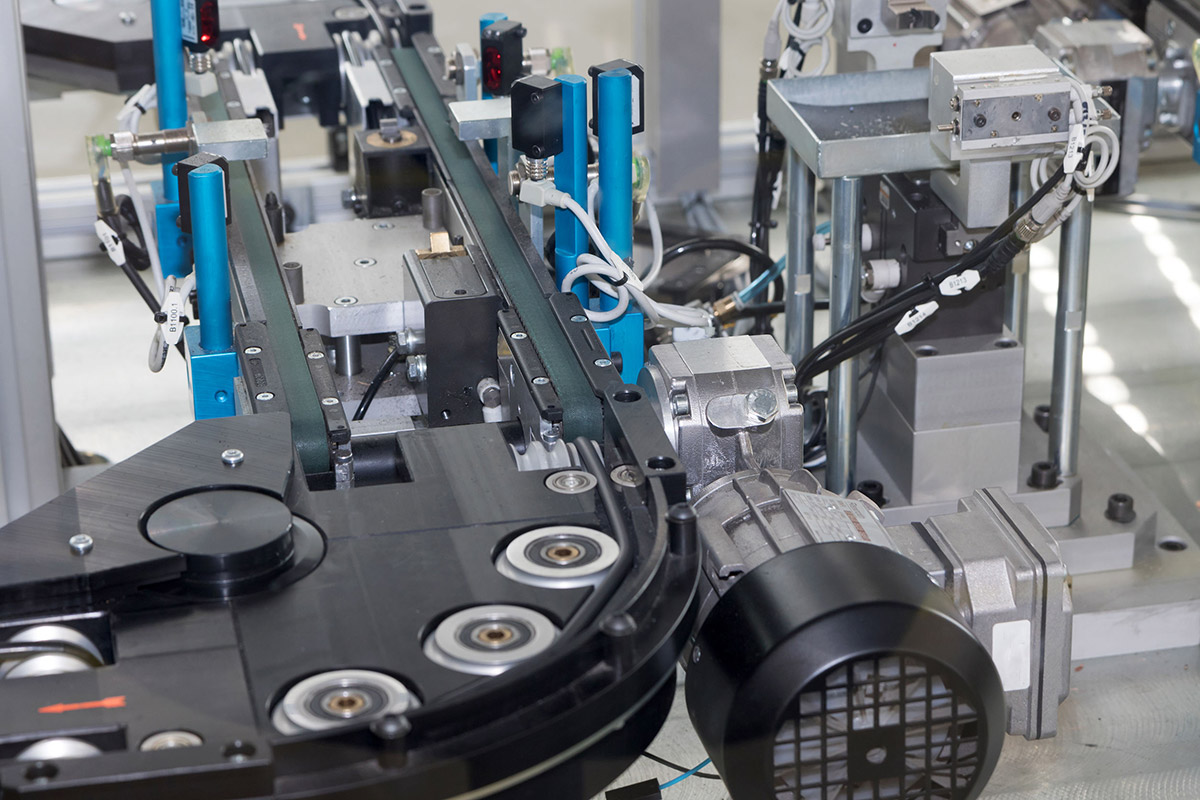Manufacturing
Data analytics also help manufacturers solve difficult problems and reveal those that they never knew about, such as hidden bottlenecks or unprofitable production lines. These bottlenecks can be a factory not having the materials needed to complete an order or as simple as a tedious manual process that can impact another task from being completed. This would create a domino effect of tasks not being completed in a timely manner affecting productivity.
One set of stakeholders who are directly affected by manufacturers is grocery stores. Grocers constantly must address inventory levels in their stores. They must know which items are running low and which items to stock up on and communicate their needs to these manufacturers that they rely on to produce them. These are just some of the questions grocers often have because items come and go quickly. Real-time data allows grocery stores and supermarkets to forecast the potential sales and demand of their items through predictive analytics, highlighting which items are in demand and those to discard. These types of analytics strategies help supermarkets and grocery stores better manage their inventory and have the optimized amount of stock for each item.
Another way grocery store chains use analytics is to determine how to expand to new areas. That kind of effort requires obtaining knowledge demographics, real estate cost, competitors, and traffic in prospective areas to evaluate potential effectiveness. Precision Analytics Group was able to create a strategic plan for a Latin grocery chain on where to open new stores.

Contact us and let us know how we can help you with your data!


